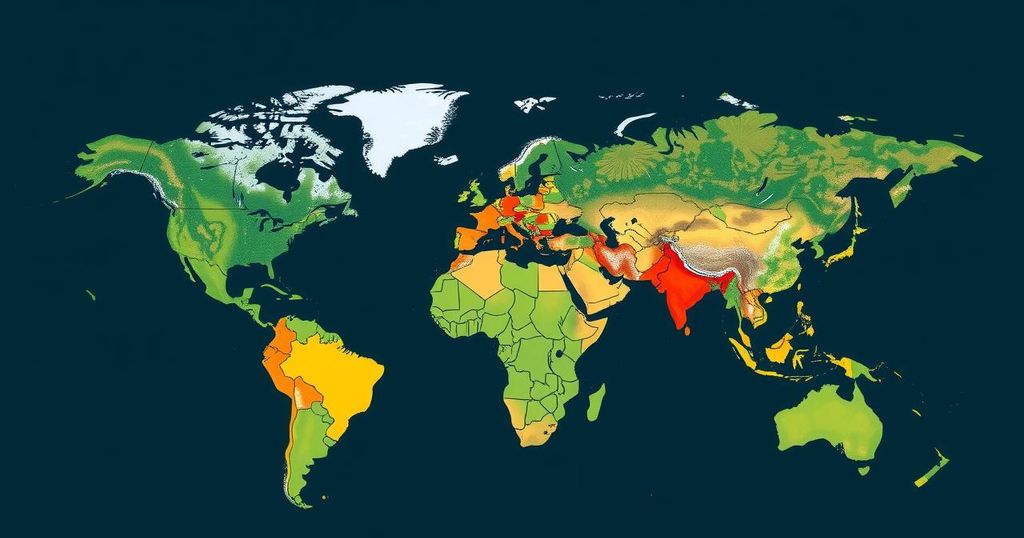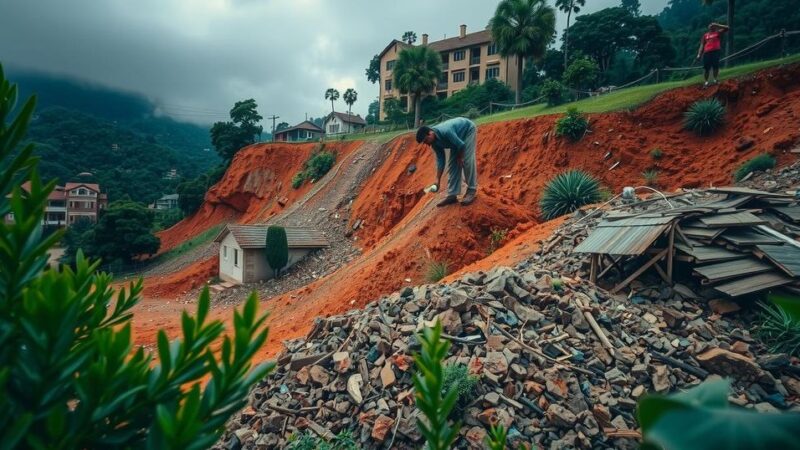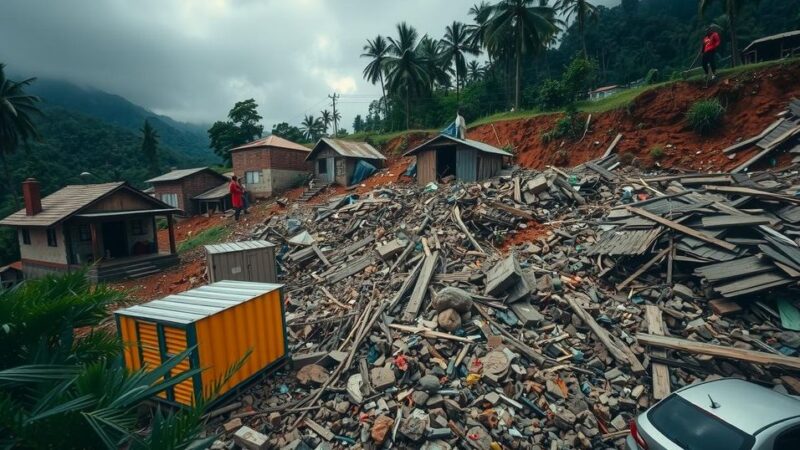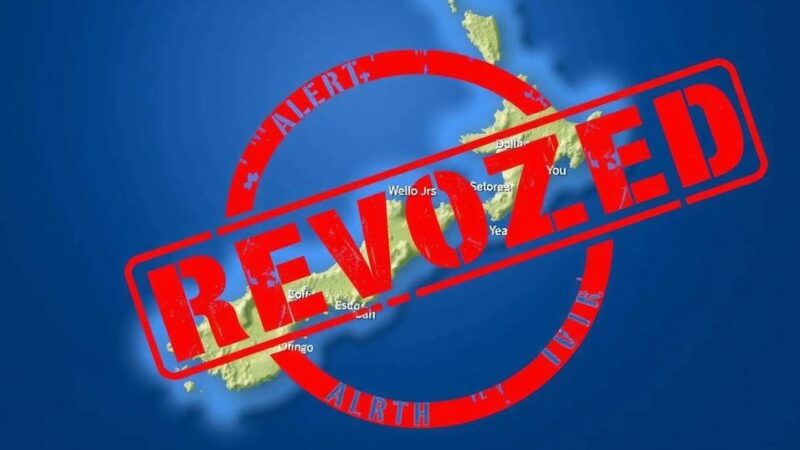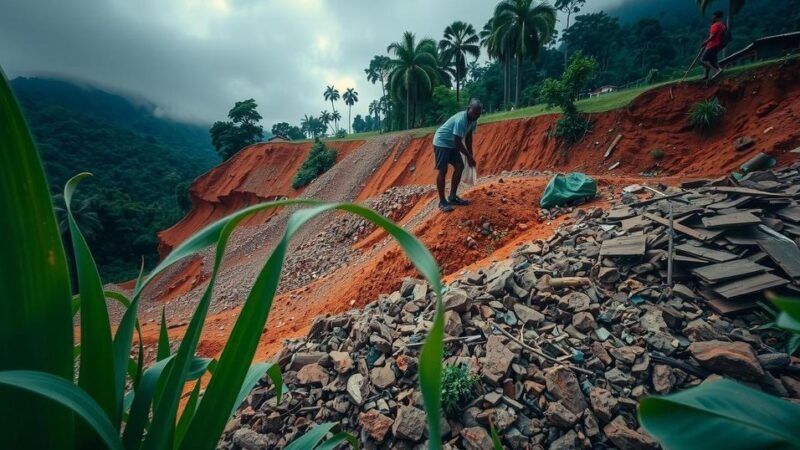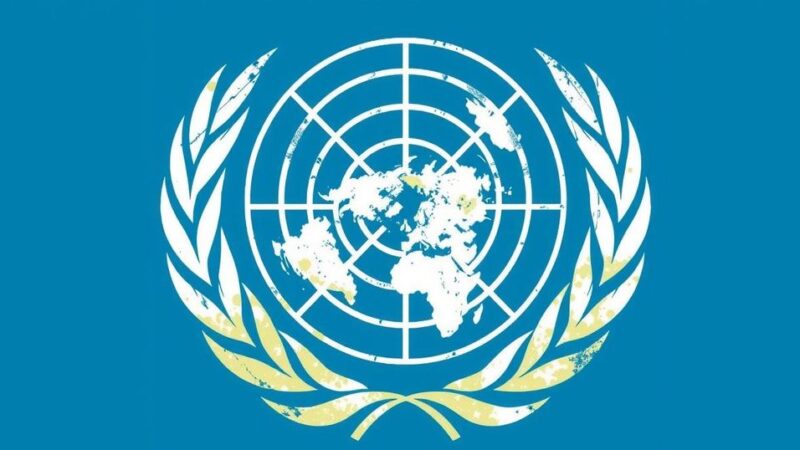The COP29 conference revealed the unwillingness of wealthy nations to provide adequate funding needed by developing countries to address climate change. With only $300 billion offered by developed countries—far short of the $1.3 trillion required—vulnerable nations face increased challenges from climate impacts, while affluent nations ignore economic rationales that could guide sound investments. Moving forward, COP30 under Brazilian leadership aims to rectify these issues through ambitious commitments and trust-building.
Wealthy industrialized nations have been the primary contributors to the climate crisis, yet their reluctance to assume financial responsibility continues to hinder progress. Despite the opportunity presented at COP29 to initiate essential funding for climate adaptation in poorer countries, developed nations proposed only $300 billion annually by 2035, a fraction of the estimated $1.3 trillion required. This failure jeopardizes not only the future of vulnerable nations but also the global response to climate change, leading to prolonged environmental degradation and exacerbating extreme weather conditions.
The lack of commitment from affluent nations is evident when comparing the minimal financial pledges to the actual costs incurred from climate-related disasters. For example, the recent floods in Brazil alone caused losses exceeding $17 billion. Furthermore, the COP President Mukhtar Babayev openly criticized Western leaders for their inadequate support, branding the agreement as insufficient to avert catastrophic climate ramifications.
Empirical analysis reveals that if wealthier countries invested $2.8 trillion in emissions reductions within developing regions, the economic returns could potentially result in $7.9 trillion for themselves. Instead, these nations continue to allocate significant resources, approximately $620 billion in fossil fuel subsidies, eclipsing their commitments to supporting clean energy development. Such practices highlight a concerning trend – the prioritization of short-term economic benefits over sustainable long-term investment in combating climate issues.
Looking ahead, the leadership change at the upcoming COP30 in Brazil offers a glimmer of hope. Marina Silva, the country’s Minister of Environment and Climate Change, stated that next year’s conference must focus on building trust and setting ambitious climate goals to meet the 1.5°C target. Additionally, an open letter from prominent figures, including former UN Secretary-General Ban Ki-moon, advocates for a reevaluation of the COP process to hasten action against climate change effectively. Without significant shifts in responsibility and accountability among developed nations, the prospects of averting climate catastrophe may remain bleak.
The international climate negotiations, especially through mechanisms like the Conference of the Parties (COP), aim to establish collective action plans to mitigate climate change impacts. COP29, the latest session, witnessed developed nations struggling to commit substantial financial resources to assist developing countries most affected by climate adversities. The need for a fair financial framework is urgent, as developing nations rely on external support to transition to sustainable energy sources and cope with the effects of climate change. However, persistent inadequate pledges from wealthy countries complicate these efforts, raising urgent calls for reform and accountability in climate finance policies.
The stagnation in meaningful commitments from affluent nations at COP29 poses significant threats to global climate initiatives, undermining progress for developing countries and intensifying the climate crisis. With stark funding discrepancies and withdrawal from responsibilities, there is an urgent need for a paradigm shift. The upcoming COP30 presents an essential opportunity for reform to instate accountability and ambition in climate action. It is paramount that wealthy nations rise to the challenge of climate responsibility in the face of an impending global crisis.
Original Source: bylinetimes.com
